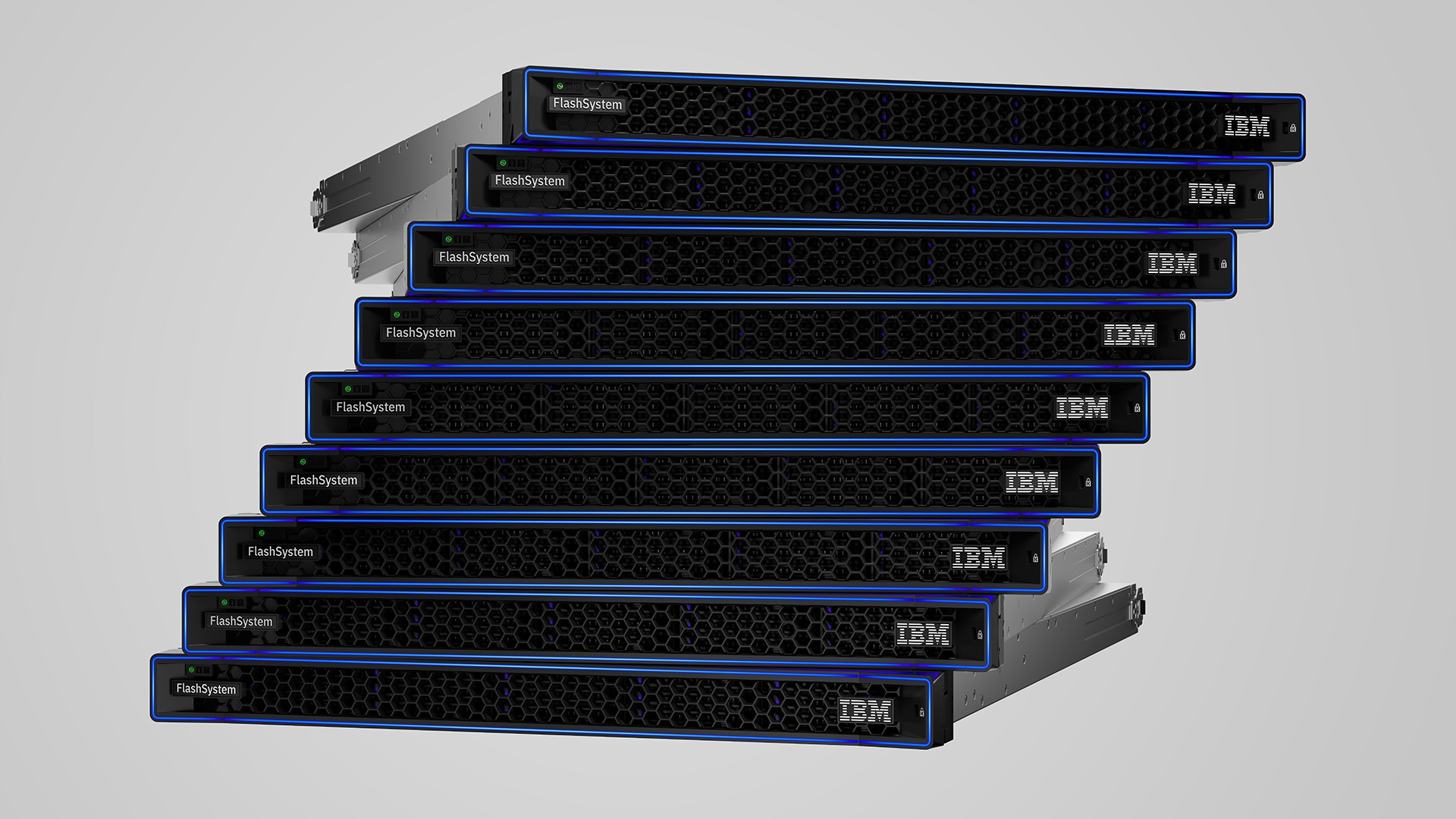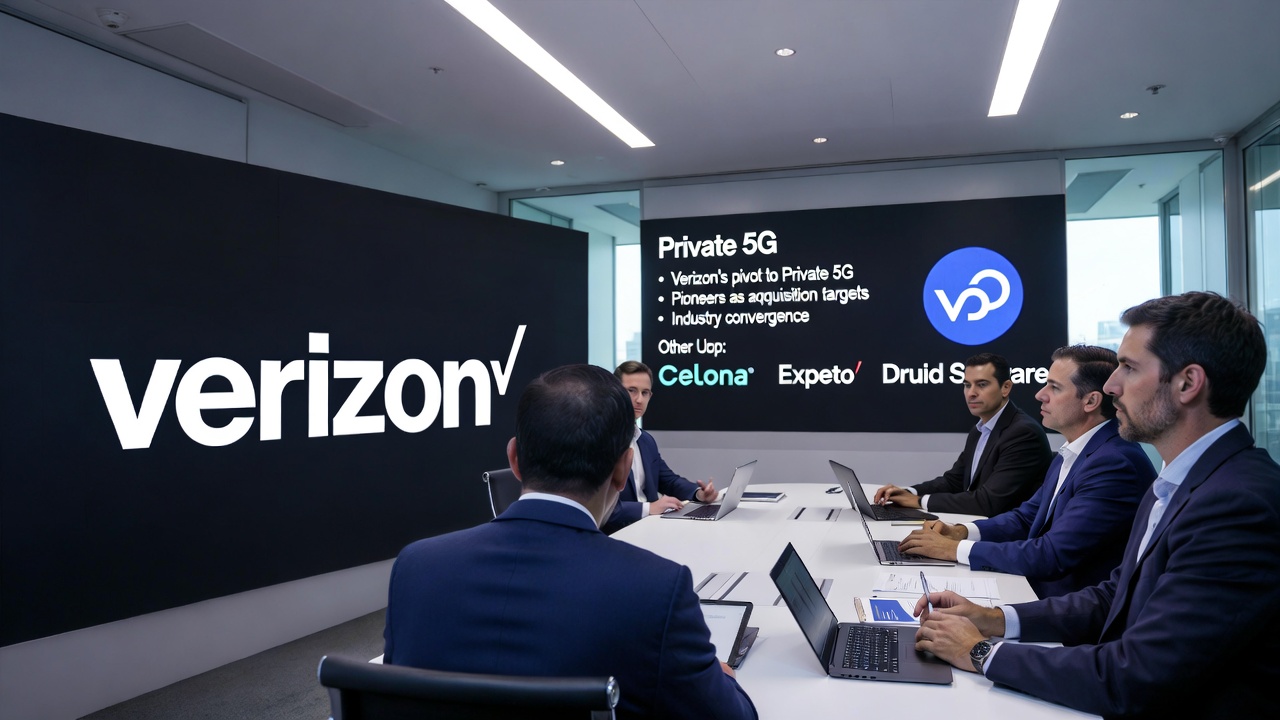In the complex world of enterprise technology, the relationship between a client and a system integrator (SI) is built on more than just technical prowess. It’s built on trust. And as I’ve observed over my many years participating in vendor selections, that trust is often conspicuously absent when an SI lacks genuine understanding of the client’s industry.
The Vendor Selection Gauntlet: Sniffing Out the Uninitiated
I’ve sat through countless presentations, poring over proposals and listening to pitches from SIs eager to win lucrative enterprise contracts. The moment an SI steps into the room, especially one I haven’t worked with before, my antennae go up. Beyond the polished slides showcasing their technical capabilities and impressive methodologies (all very much expected by the way), I’m listening for something far more critical: a deep, nuanced understanding of my industry.
It’s astonishing how quickly you can sniff out the SIs who are not truly familiar with the intricacies of working within a specific sector. They might use the right buzzwords, but their examples feel generic, their questions superficial, and their proposed solutions lack the subtle adaptations required for real-world application in our unique environment. They often speak in broad strokes about “digital transformation” or “efficiency gains,” but fail to connect these ambitions to the very specific operational challenges, regulatory hurdles, or market dynamics that define our daily existence.
Their hopeful ambitions, while perhaps well-intentioned, rarely stood a chance. Without that foundational industry knowledge, their technical expertise, no matter how profound, becomes a hammer looking for a nail, rather than a precision tool designed for a specific purpose.
Beyond the Tech: The Unspoken Value Proposition
For enterprise customers, especially those investing heavily in transformative technologies like AI, IoT, Next generation connectivity, or advanced analytics, the technology itself is only part of the equation. The greater value lies in how that technology is applied to solve industry-specific problems, optimize unique workflows, and navigate complex business landscapes.
This is where many SIs fall short. Their value proposition often centers almost exclusively on their technical capabilities: “We’re experts in cloud migration,” or “We have certified blockchain developers.” While these are important, they miss the crucial element that truly resonates with enterprise decision-makers: “We understand your manufacturing process and how this technology will specifically reduce downtime on your production lines,” or “We know the regulatory landscape of your financial services sector and how this solution ensures compliance.”
Building Trust Through Industry Acumen
To truly earn the trust of enterprise customers, system integrators must expand their value proposition. It’s no longer enough to just present a strong technology component. They need to demonstrate:
- Deep Industry Knowledge: This means understanding the client’s sector’s unique challenges, opportunities, competitive landscape, regulatory environment, and even its culture. It’s about speaking the client’s language, not just tech jargon.
- Relevant Use Cases: Instead of generic examples, SIs should present case studies and solutions that directly address problems and opportunities within the client’s specific industry, showing how their technology has delivered tangible value in similar contexts.
- Strategic Alignment: The proposed technology solution should clearly align with the client’s long-term business strategy and industry trends, demonstrating that the SI is a true partner, not just a vendor.
- Team Expertise: Highlight team members who possess industry-specific experience, not just technical certifications. This signals that the SI has individuals who genuinely “get it.”
In today’s rapidly evolving technological landscape, enterprise customers are seeking partners, not just providers. They need SIs who can not only implement cutting-edge technology but also understand the nuances of their world and can translate technical solutions into real-world business advantage. Building that bridge of trust through genuine industry understanding is the key to unlocking successful, long-term partnerships.





